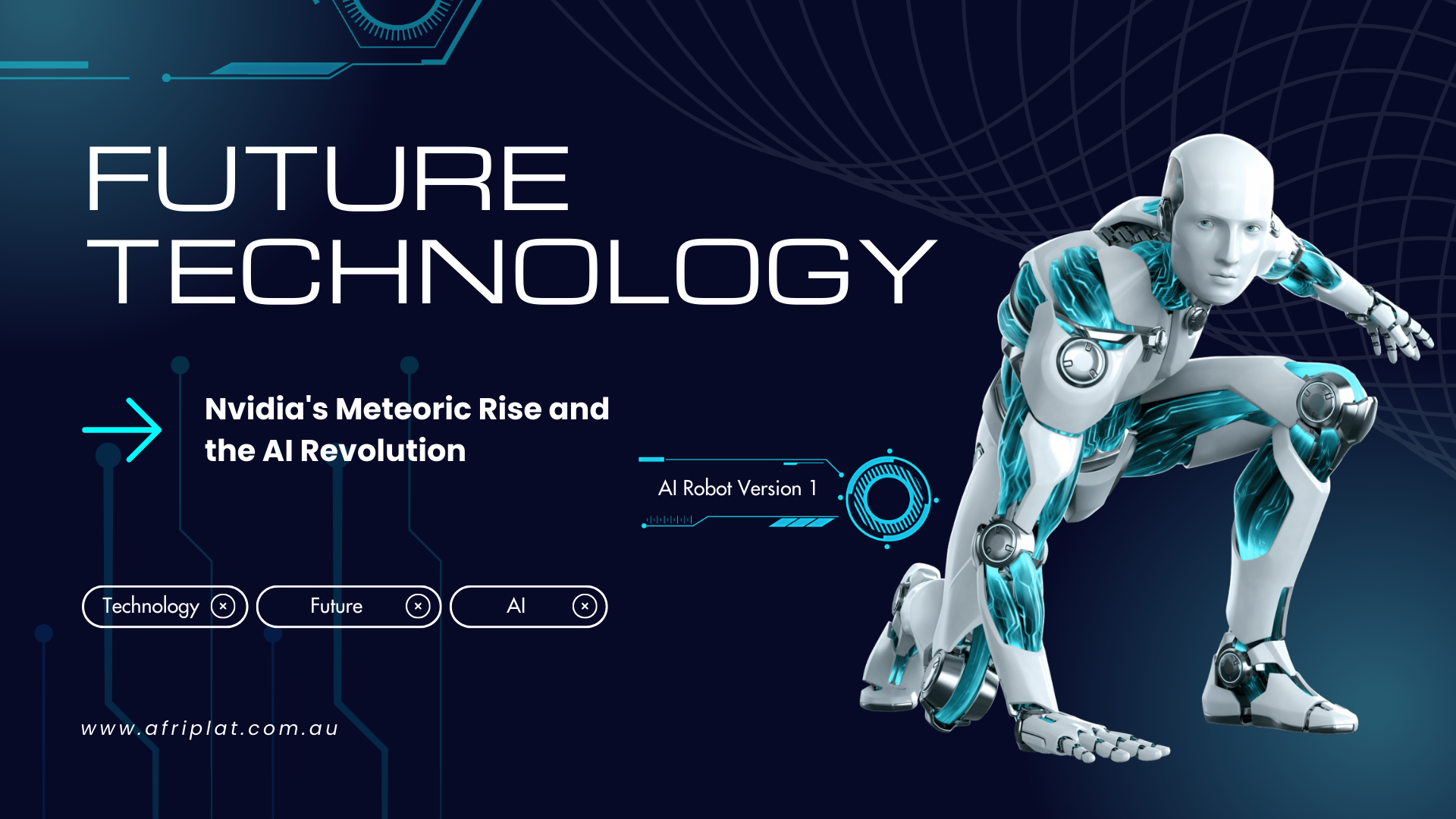
In a stunning display of market confidence, Nvidia has recently ascended to the pinnacle of the global corporate hierarchy, becoming the world’s most valuable company. This achievement follows a remarkable rally in its share prices, culminating in a market value of approximately $3.34 trillion after a 3.5 percent surge this week. This extraordinary valuation underscores the profound influence that investors believe artificial intelligence (AI) will wield in shaping the global economy in the years to come.
This significant milestone invites a multitude of questions and reflections about the current state of our world and the future we are rapidly approaching. Are we witnessing a collective awakening to the transformative potential of AI, or is it the pervasive influence of AI that has shaped our perceptions and actions? This news about Nvidia is more than a financial landmark; it is a barometer of societal expectations and anxieties about AI.
A New Era or a Premature Leap?
The exuberance surrounding Nvidia’s market performance suggests that many view AI as the cornerstone of a new era. This optimism is driven by the myriad possibilities AI offers—from revolutionizing industries to addressing complex global challenges. However, there is also a need for caution. Are we on the verge of genuinely harnessing AI’s potential, or are we prematurely anointing ourselves as pioneers of an AI-driven future?
The distinction is crucial. While enthusiasm can drive innovation, it can also lead to overvaluation and unrealistic expectations. The current fervor surrounding AI reflects a blend of hope and fear: hope for the advancements and solutions AI can provide, and fear of the unknown, including job displacement, ethical dilemmas, and the loss of human creativity.
Embracing the Future with Caution and Creativity
Given the dual nature of AI’s promise and peril, how should we approach the future? A balanced perspective is essential. We must embrace AI’s potential with a positive yet cautious approach, ensuring that we do not surrender our creative and intellectual capacities in the process.
- Maintain Human Creativity: AI, at its core, is a product of human ingenuity. Without the foundation of human creativity, AI would not exist. It’s crucial to remember that AI’s capabilities are built on the knowledge and creativity that humanity has accumulated over centuries. We must continue to foster and value our creative instincts, ensuring that we do not become overly reliant on AI to the detriment of our intellectual growth.
- Positive but Careful Integration: We should integrate AI into our lives and industries in a way that enhances human potential rather than diminishes it. This involves setting ethical guidelines, ensuring transparency, and prioritizing human-centric AI applications that augment our abilities rather than replace them.
- Continuous Innovation: To avoid stagnation, we must continue to innovate and explore new frontiers of knowledge. AI can be a powerful tool to aid this process, but it should not be seen as a replacement for human thought and creativity. By nurturing our intellectual curiosity, we ensure that AI continues to evolve alongside us, driven by new ideas and discoveries.
- Ethical Considerations: The rapid advancement of AI necessitates a robust ethical framework. This includes addressing concerns about privacy, bias, and the potential for misuse. By proactively engaging with these issues, we can build a future where AI serves the common good.
In summary, Nvidia’s unprecedented rise to the top of the market is a clear indicator of the transformative impact that AI is expected to have on the global economy. However, it also serves as a reminder of the need for a balanced and thoughtful approach to AI integration. We stand at the threshold of a new era, one that holds immense promise if navigated wisely. By embracing AI with both optimism and caution, we can ensure that it enhances our world without diminishing the very human qualities that make such advancements possible.
As we look to the future, let us remember that AI is not magic. It is a testament to human intelligence and creativity. Our continued progress depends on our ability to innovate, create, and think deeply about the kind of future we want to build. By doing so, we can harness the power of AI to create a better world for all.

